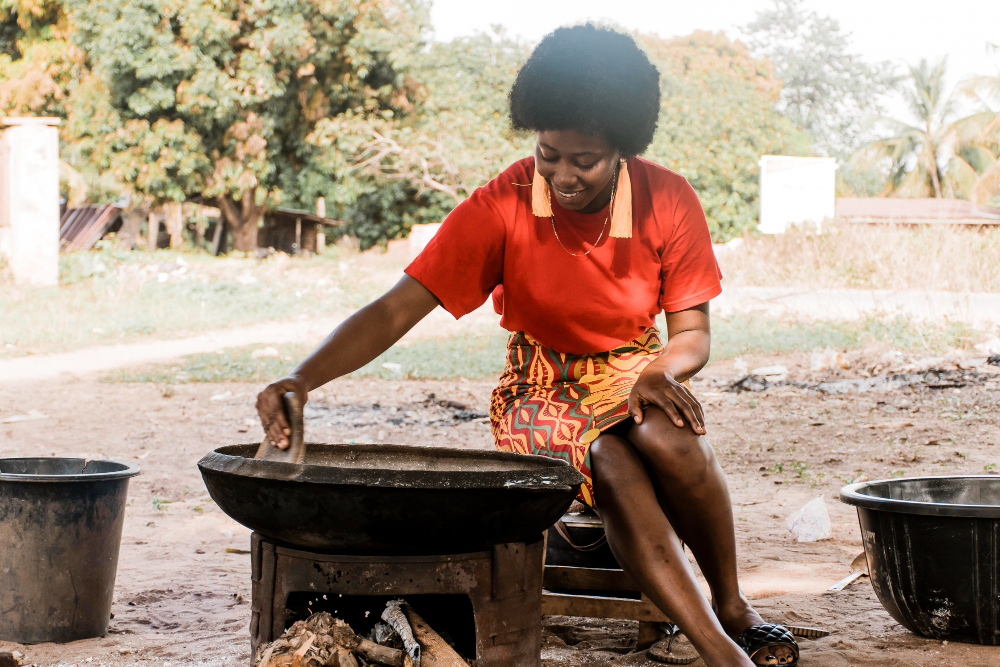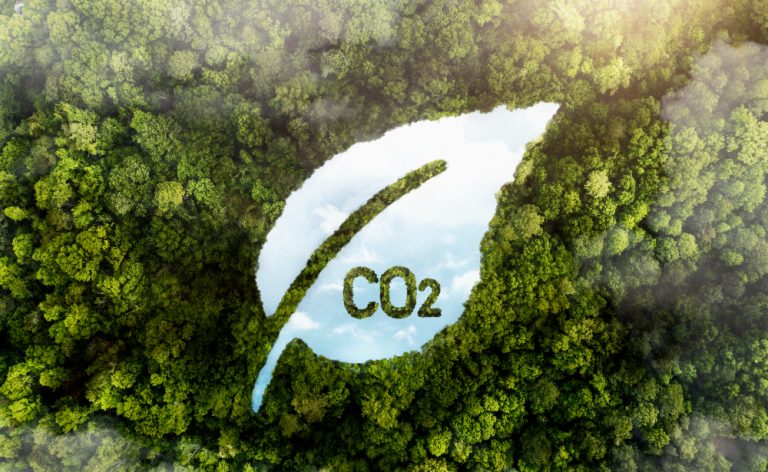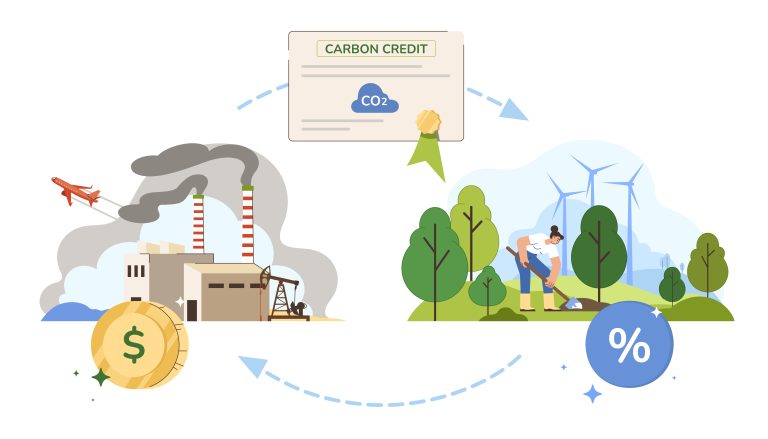Across Nigeria and much of sub-Saharan Africa, cooking is still dominated by firewood, charcoal, and kerosene. While these fuels are deeply rooted in daily life, they also have measurable environmental and health consequences — from deforestation and black carbon emissions to respiratory illnesses and lost productivity.
The shift to Liquefied Petroleum Gas (LPG), often described as a “bridge fuel”, represents one of the most scientifically validated ways to reduce emissions and improve health outcomes at scale.
The Science of Emissions Reduction
Traditional biomass fuels release carbon dioxide (CO₂), methane (CH₄), and black carbon, all potent greenhouse gases. According to the Intergovernmental Panel on Climate Change (IPCC), black carbon has a global warming potential up to 900 times greater than CO₂ over a 20-year period.
When households transition to LPG, studies show an immediate drop in particulate matter (PM2.5) and black carbon emissions. A 2020 study by the World Bank’s Energy Sector Management Assistance Program (ESMAP) estimated that full adoption of LPG for cooking across sub-Saharan Africa could avoid up to 350 million tonnes of CO₂-equivalent emissions by 2040.
Household air pollution from solid fuels is a leading cause of premature death, particularly among women and children. The World Health Organization (WHO) estimates that indoor air pollution accounts for over 100,000 deaths per year in Nigeria alone.
Switching to LPG can reduce indoor pollutants by 60–90 percent, depending on stove efficiency and ventilation. The benefits extend beyond health — less time spent collecting firewood means more time for education, work, and family life, particularly for women.
Where FuelTree Fits In
FuelTree’s Virtual Cylinder Recirculation Model (vCRM) addresses a core barrier to clean fuel adoption — affordability and access. By virtualising LPG cylinders and enabling subscription-based use, FuelTree removes the upfront cost that keeps millions dependent on biomass.
Its integrated Monitoring, Reporting, and Verification (MRV) system also allows accurate tracking of fuel usage and emissions reductions, ensuring that every clean meal contributes to measurable climate data — verifiable under global standards such as Verra and the Gold Standard.
The energy transition cannot succeed without clean cooking. It is one of the most overlooked sources of climate mitigation and social welfare. LPG is not a perfect solution, but as part of a long-term strategy that includes renewable biofuels and improved distribution, it is a scientifically grounded and socially transformative step towards a cleaner, more equitable energy future.



